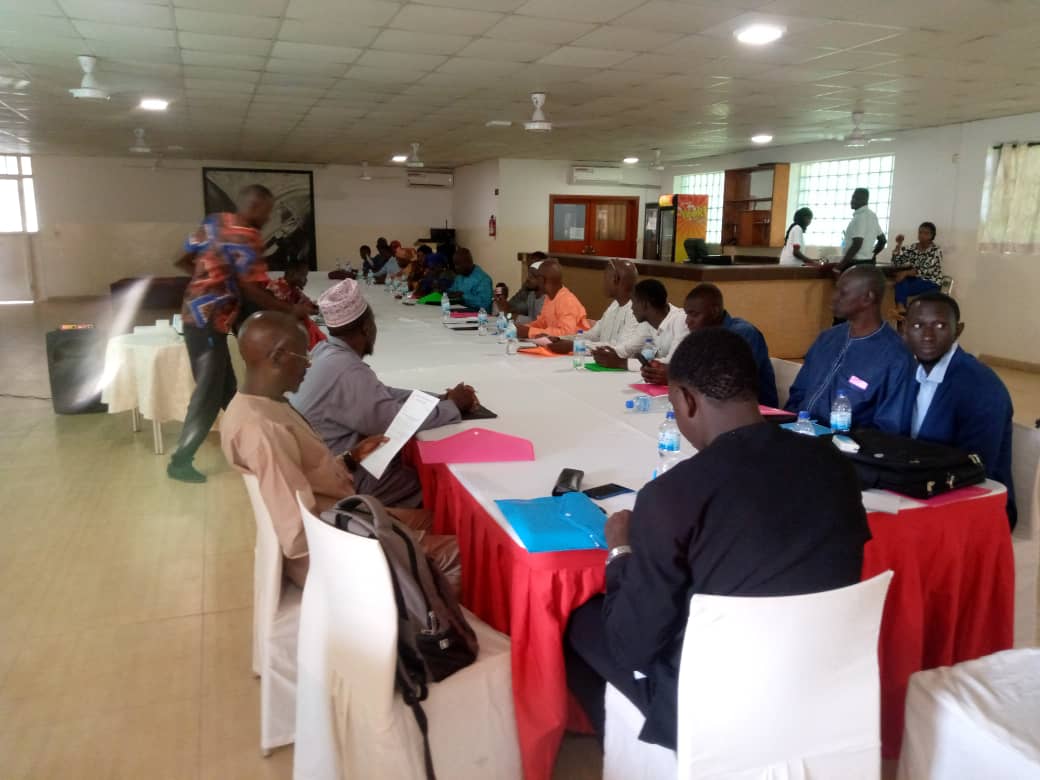By Yunus S Saliu
In the search for a National Language Policy, Dr. OusmanMamakehBojang has expatiated on the role of communities and local history in the search.
In his presentation on the subject, he said individuals build communities and communities build a nation and language is the most important element of a community and the nation at large while people communicate, build relations, and have a sense of belonging through the use of a language, through shared values in a language.
Dr. OusmanMamakehBojang made this presentation centered on the Role of Communities and Local History in Search for a National Language Policy at the recently held daylong forum on Elaboration of a National Language Policy in The Gambia organized by the National Centre for Arts and Culture (NCAC), an institution cabinet designated as the National Structure for National Languages to work with the Academy of African Languages of the African Union (ACALAN).
He said the reason why language exists is because there was intergenerational retention of it and for a language to exist there must be a speech community and speakers while noting that memory is the productive machine of a language.
“Memory is the consciousness, it is a process of retrieving information from the storage which is the brain, it is through memory that we share common interest and sense of cohesion. To revere and retain the language we need to know how the older generation had done so,” he explained.
He continued his presentation by saying languages are documents of history, continuity of history from one generation to the other, and that through language “that we communicate, define our identity, express our history and culture.”
Threats facing languages the world over, according to him, are assimilation, relocation, migration, discrimination, and numerous others.
So, it needs to be established that language is a development asset and the most important cultural attribute because, he said, language is a reservoir of knowledge, an important tool for communication. In traditional Gambian society, oral literature and storytelling play a pivotal role in the preservation and conservation of languages.
And by oral literature, he said they are referring to proverbs which are the ornaments of languages, the beauty of languages, stories, legends, and family history are part of our oral literature that were memorized and passed down from generation to generation, he expatiated.




